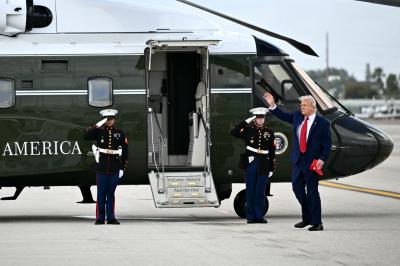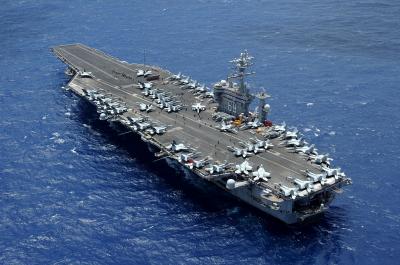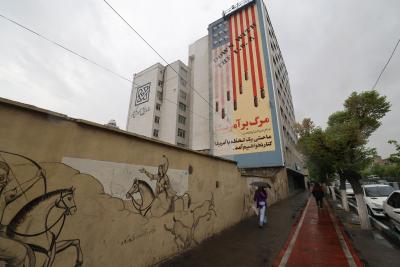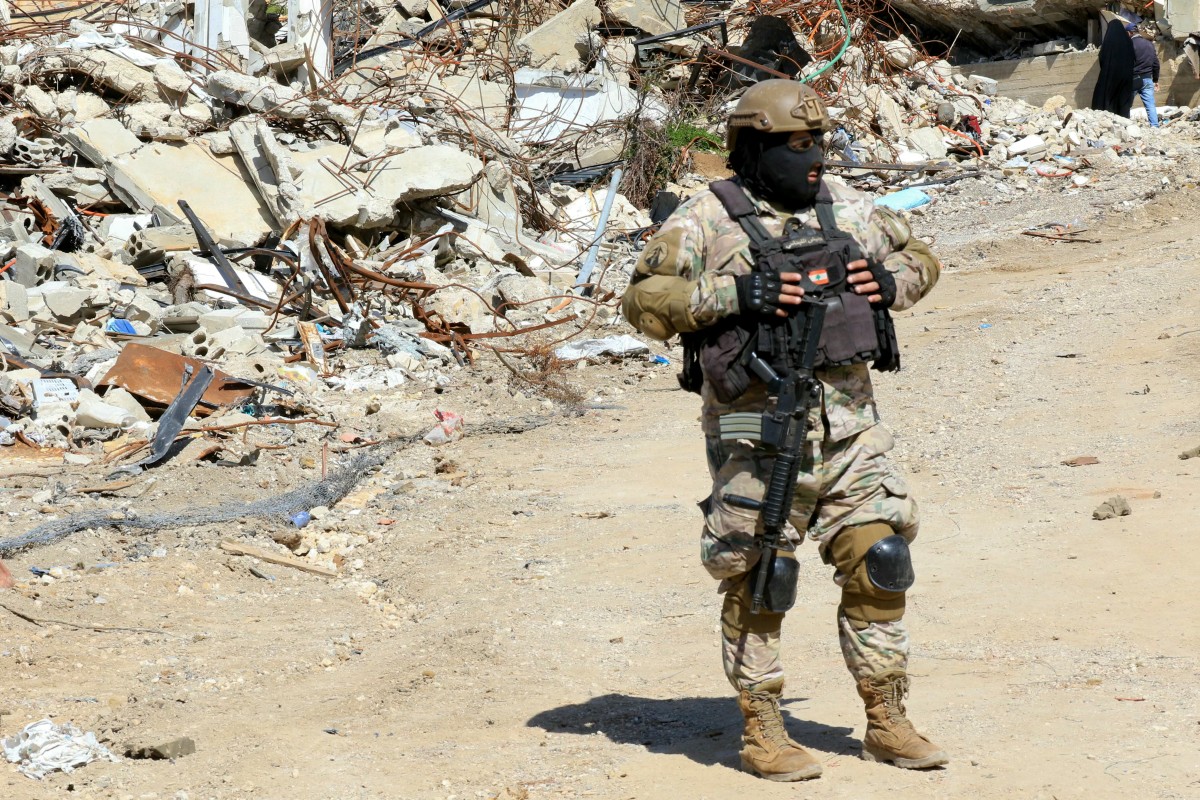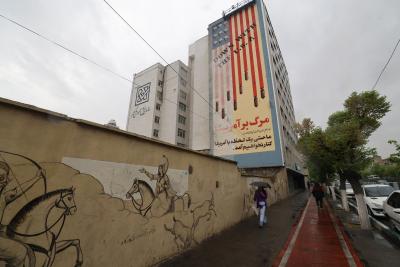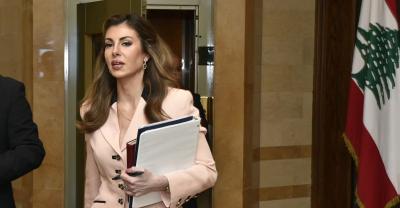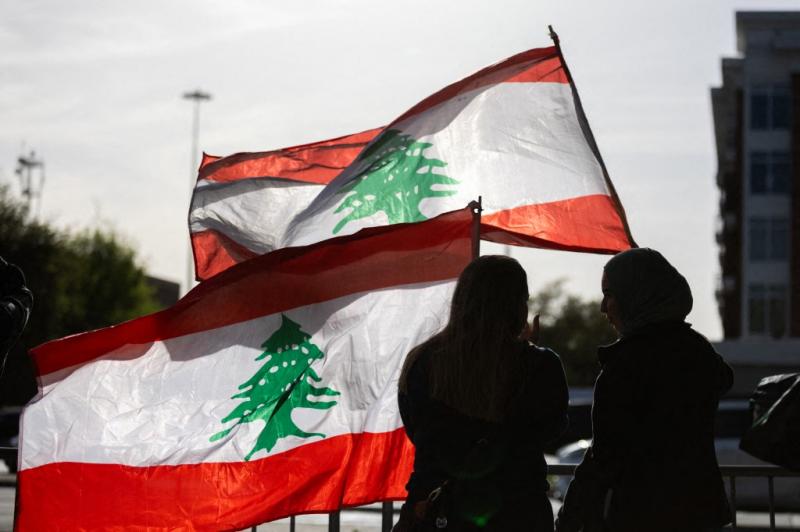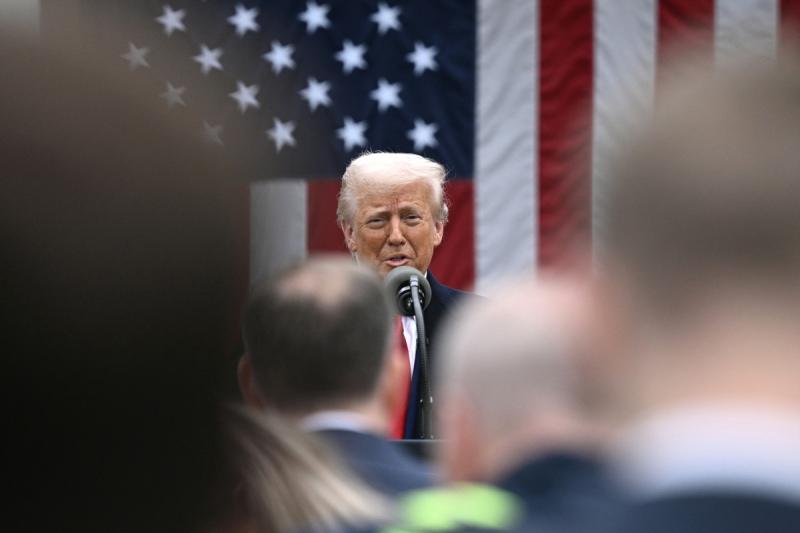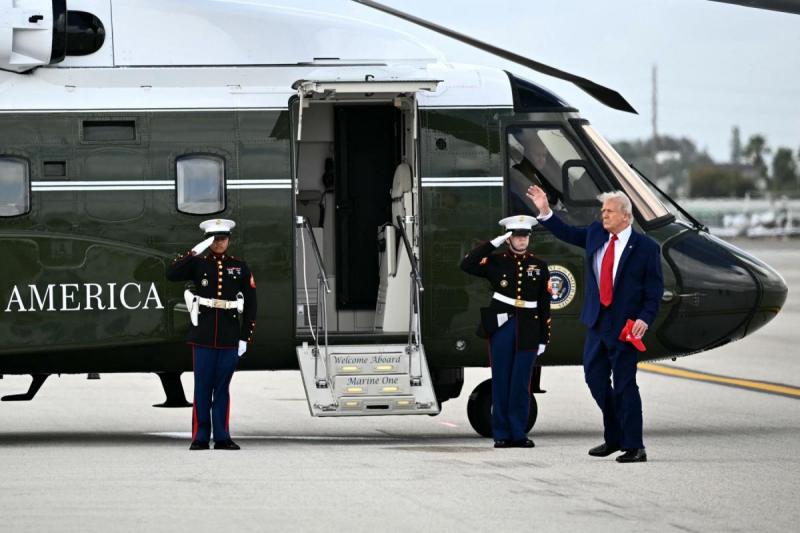When all Lebanese political factions unanimously declared that a new phase had begun in Lebanon in the aftermath of the presidential election and government formation, they fell short on agreeing on the nature and scope of this “novelty”.For some, it signaled a complete overhaul—politically, militarily, economically, financially, socially, and even in terms of mindset and governance. Others, however, viewed it as a selective and partial shift—one that leaves strategic, field, and sovereignty-related matters untouched, especially regarding Hezbollah’s weapons and the concept of “resistance,” as well as the entrenchment of fabricated norms such as the sectarian allocation of the Ministry of Finance.
Acting on the pledge “to confine arms to the hands of the state,” as stated in both the presidential oath and the ministerial statement, Prime Minister Nawaf Salam made a defining move in this new chapter by announcing that “the issue of Hezbollah’s weapons is now closed, and the so-called ‘army-people-resistance’ tryptic is a thing of the past.” Meanwhile, the Shiite duo continued to cling to its weapons, in defiance of Lebanese, Arab, and international documents all calling for disarmament.
While neither President Joseph Aoun nor the Prime Minister Nawaf Salam has yet directly addressed the matter of a “defense e ..,strategy” as previously proposed two decades ago—plans long stalled by Hezbollah’s refusal during its military ascendancy—an alternative concept has emerged. The President introduced the term “National Security Strategy” in his inaugural address and in subsequent remarks, suggesting that the old idea of a defensive strategy has also been shelved, rendered obsolete by regional developments and Hezbollah’s years of procrastination and evasion.
What is clear is that previous rounds of national dialogue, chaired by Speaker of the Parliament Nabih Berri in 2006 and President Michel Sleiman in 2012, produced serious proposals from most parties—except Hezbollah. Armed with its overwhelming power, the party refused to participate as an equal among others, insisting instead on remaining above them all.
What Hezbollah rejected at the height of its power, it now seeks to revive during a period of relative decline, banking on ambiguous formulas that allow its weapons to remain outside the bounds of state control—a scenario unfamiliar to both occupied and sovereign nations. The party is clearly wagering on shifting regional dynamics it believes will favor its Iranian backers, as echoed by several of its figures and voices aligned with Tehran’s regime.
Before the "support war" of October 2023, Hezbollah’s confidence reached a point where some of its leaders boldly claimed that the army was merely a “complement” to the resistance, not the other way around.
Today, the landscape has changed. What may have worked in the 2006 and 2012 dialogue sessions—despite their shortcomings—is no longer suitable for the current stage. If a strategy is to be adopted now, it will take the form of a “National Security Strategy,” encompassing all sectors of the state. A defense strategy would be just one component within it, as “national security” covers areas including the economy, judiciary, politics, diplomacy, food, environment, education, culture, and, ultimately, the military.
In terms of defense, the duality of arms—between official and unofficial forces, or between leading and supporting roles—can no longer be sustained. Nor does it make sense to integrate Hezbollah into the army through a designated brigade or more, as the sectarian nature of such units would undermine the military’s existing model of national and religious integration.
It has long been argued that the “army-people-resistance” triad was structurally flawed, as Hezbollah’s resistance movement—with its singular sectarian and regional identity—stood in fundamental contrast to the army and people, who reflect Lebanon’s diverse mosaic. Merging the three into a single defensive structure was therefore never viable.
The only feasible solution would be to recruit and train individual Hezbollah members according to official legal and military standards—without compromising the army’s hierarchy, national composition, or defense doctrine.
In practice, one can already observe a multidimensional shift taking place—not only in official discourse but also in the government’s formation and balance, in foreign policy, and in the easing of the previously rigid requirement for unanimous cabinet decisions. Now, a vote in the Council of Ministers is possible when necessary.
This shift will undoubtedly extend to matters of national defense, with the goal of ensuring that only legitimate armed forces are tasked with safeguarding sovereignty, borders, public institutions, and decisions of war—under the exclusive command of the country’s highest political authority. This is precisely what is meant by “monopolizing arms within the state.”
In this new strategy, all slogans that contradict true sovereignty and Lebanon’s Arab and international commitments will inevitably fall: from “the unity of fronts” to “the axis of resistance,” from “weapons protecting weapons” to the notion of supporting one regime or interfering in another country’s affairs. The infamous “army-people-resistance” formula? The state has already given it a one-way ticket.
Many chapters have been closed and now belong to the past. Those who acknowledge this new phase must fully embrace all aspects of modernization and reform—chief among them the national security strategy and the end of unauthorized arms. There’s no longer room for selective acceptance: one cannot embrace change in one area while rejecting it in another.
 French
French


